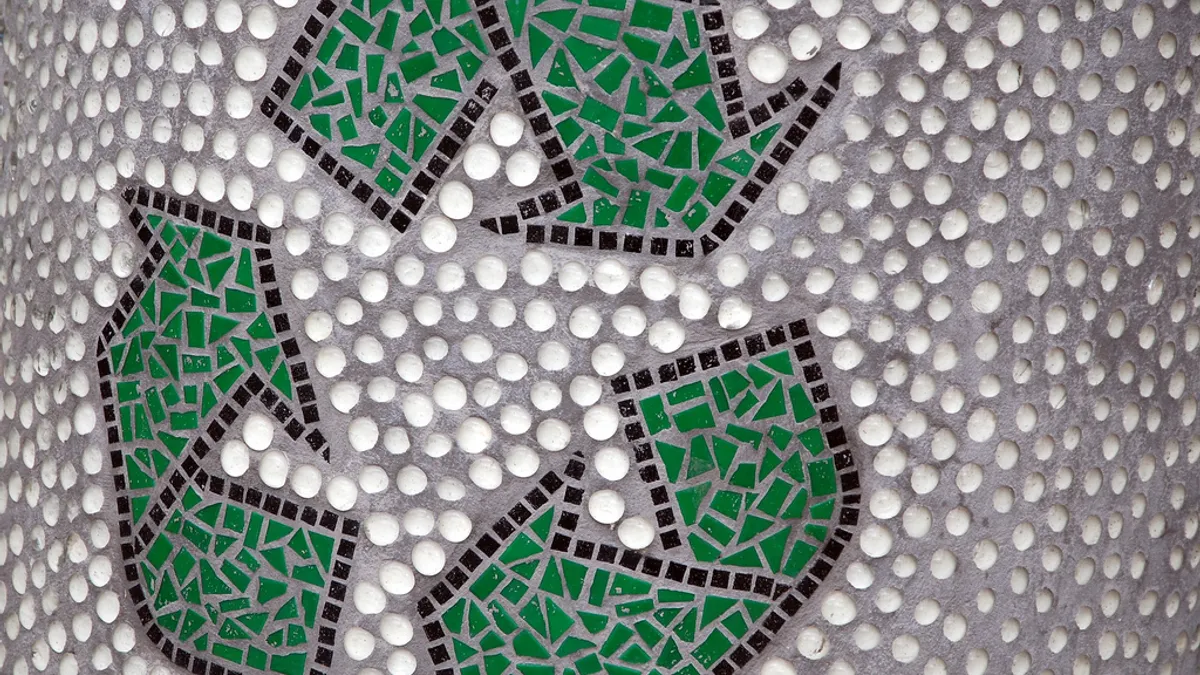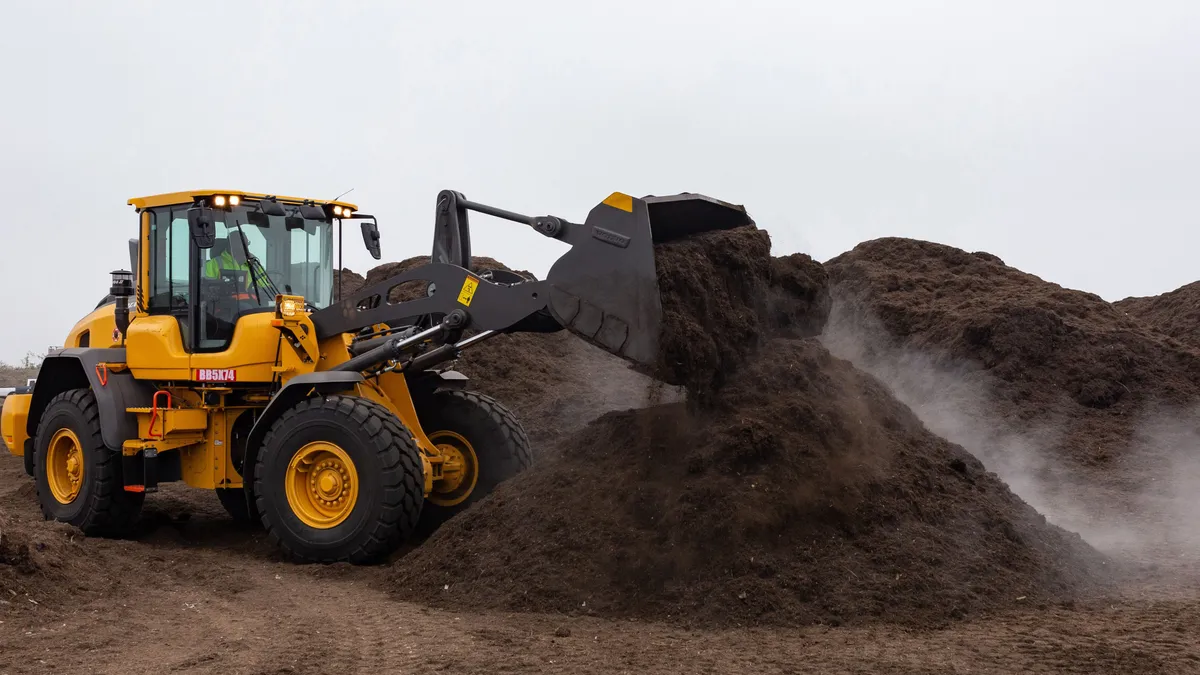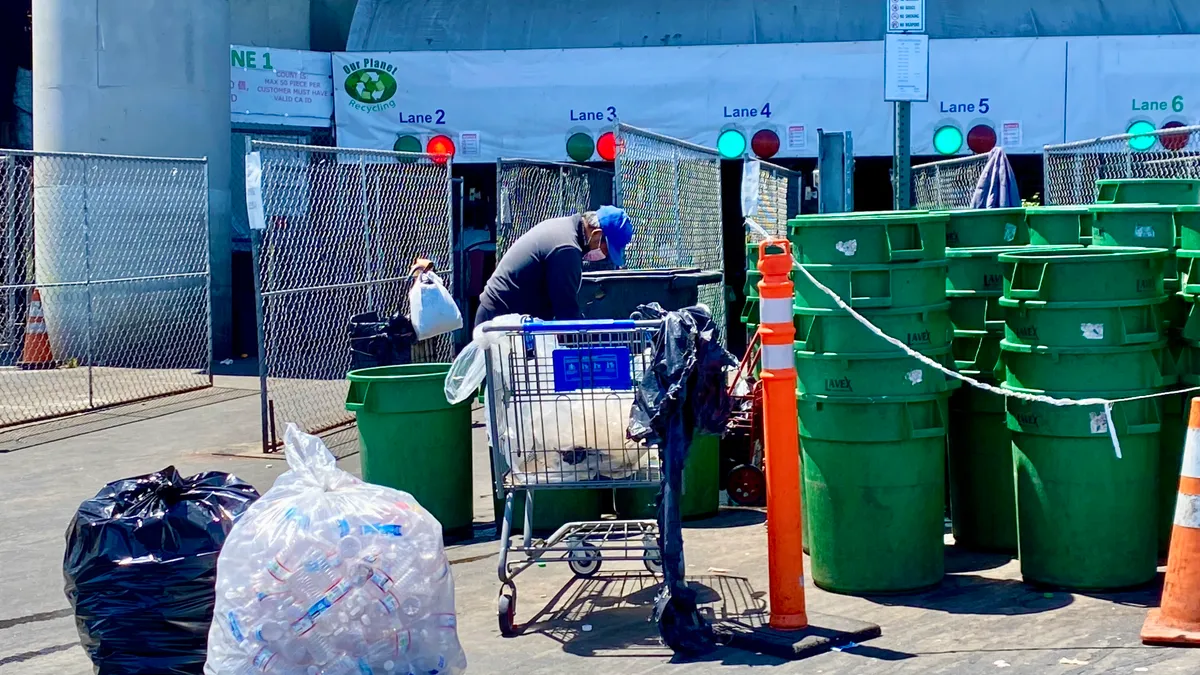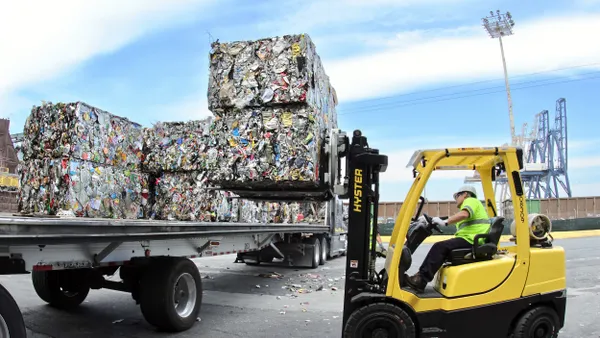Dive Brief:
- An online survey conducted by Harris Poll and released by the Institute of Scrap Recycling Industries (ISRI) found that U.S. residents have gained a better understanding of how the recycling industry works but are still unsure about many standard concepts, as reported by Recycling Today.
- Among four true statements presented to the respondents, 73% believed at least one. The idea that recycling reduces greenhouse gas emissions had the widest agreement with 49% saying they thought this was accurate.
- When presented with four false statements, respondents were less likely to agree with them, however 22% believed at least one. The most commonly accepted false statement was that material from residential recycling bins is mixed with refuse after collection. About 11% of respondents believed this was true.
Dive Insight:
ISRI said the fact that the true statements were more widely recognized showed progress, but also the need for better education. Less than 30% of respondents believed that the U.S. industry is "highly technical and sophisticated" or that enough material is recycled in the country to meet domestic manufacturing needs. On the false side less than 10% of respondents believed that products made with recycled material are lower quality, recycling has little to no economic benefit and that recycling does not save energy or resources.
These results follow similar ones from last year that show growing awareness about the benefits of recycling but enduring confusion about the process behind it. A Pew Research Center survey found that while a majority of respondents believed they could recycle "most types of items" where they lived, the act of recycling was only a cultural norm in less than one-third of their communities. Another survey from Keep America Beautiful found that people believe recycling has become easier but also found common distrust of recycling systems, particularly among millennials.
Other surveys have found that industry terminology or a lack of transparency about the recycling process could be barriers to better understanding. Some cities have taken this as a cue to get more creative with their education strategies through targeted campaigns, public tours and even the chance to become certified as "master recyclers."













